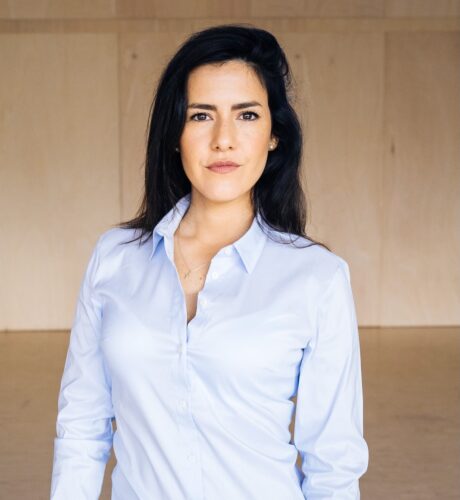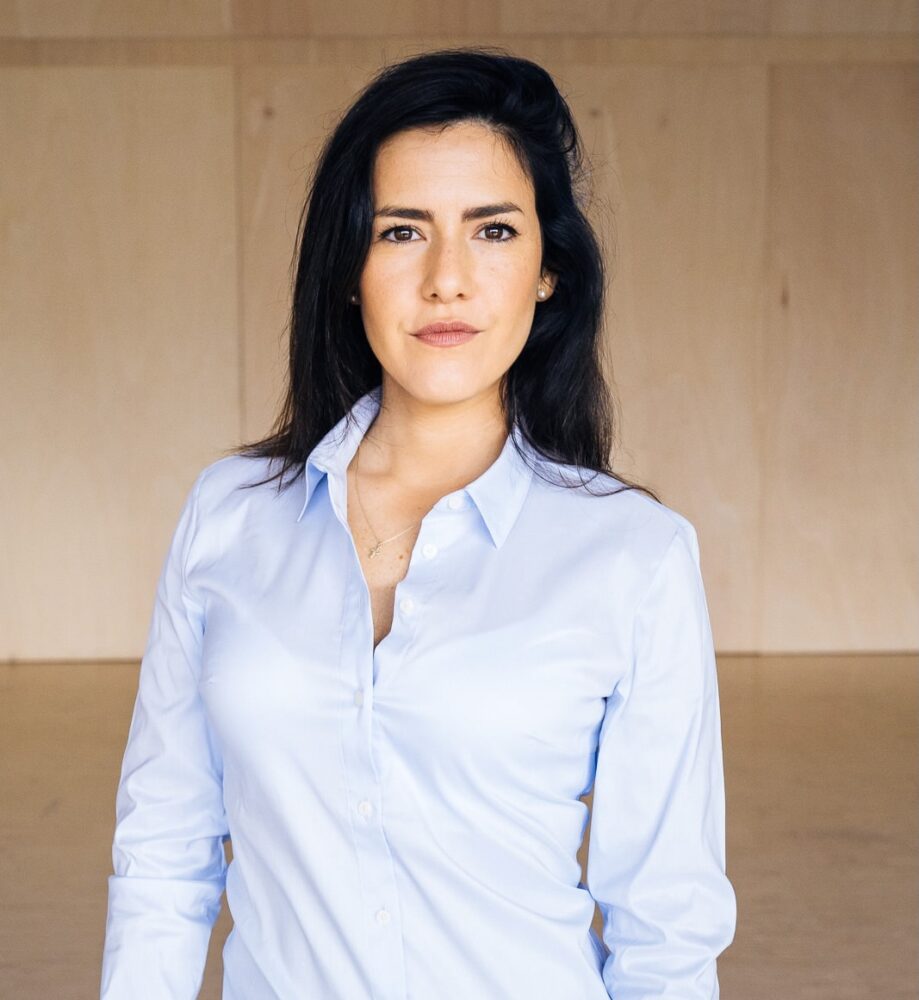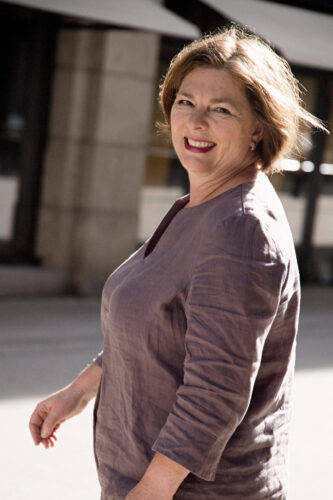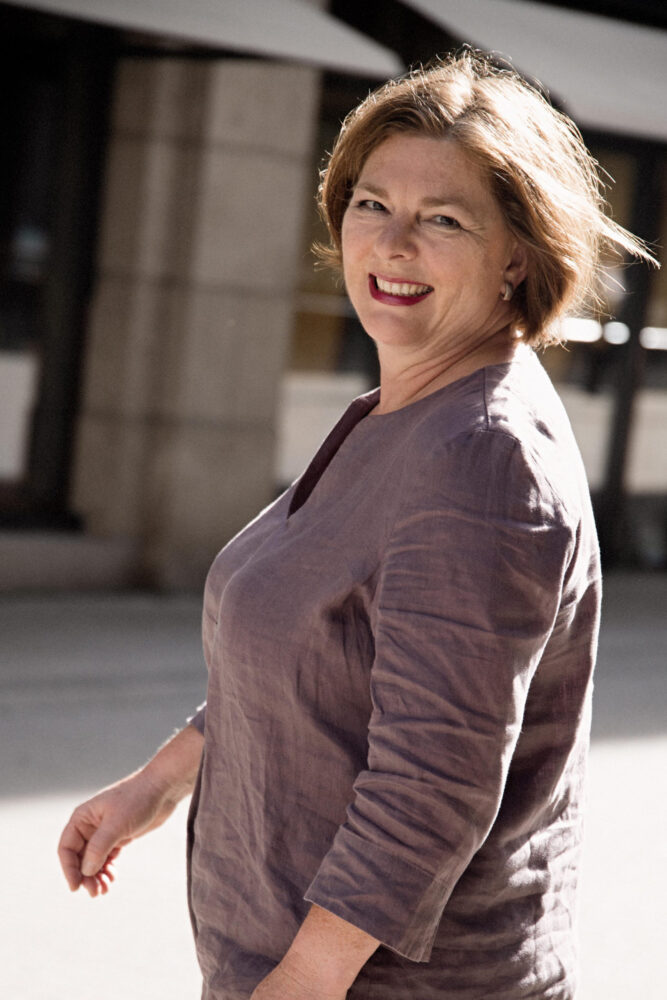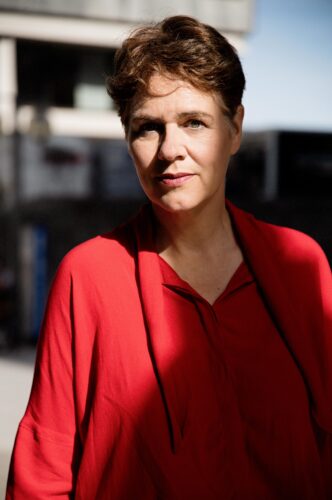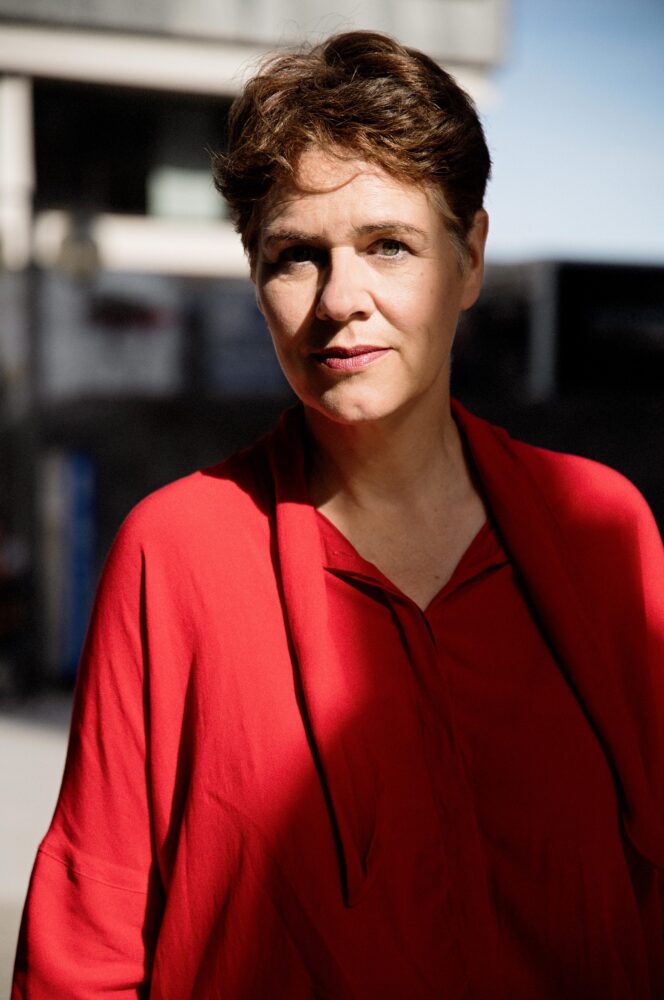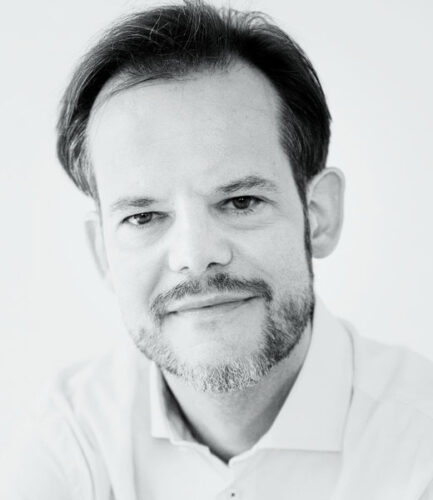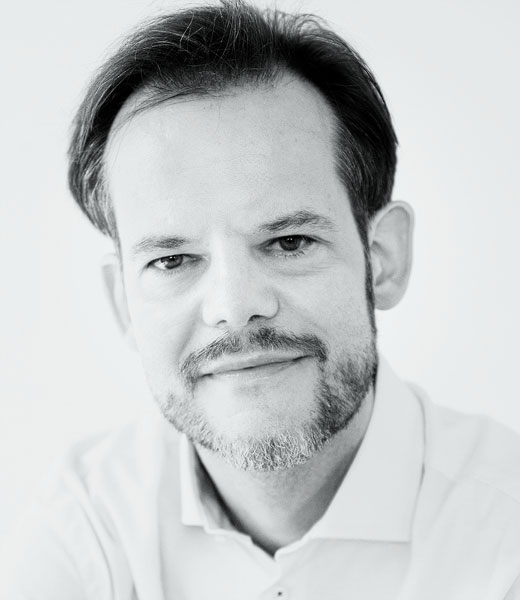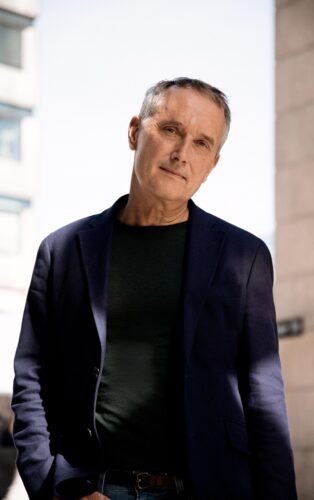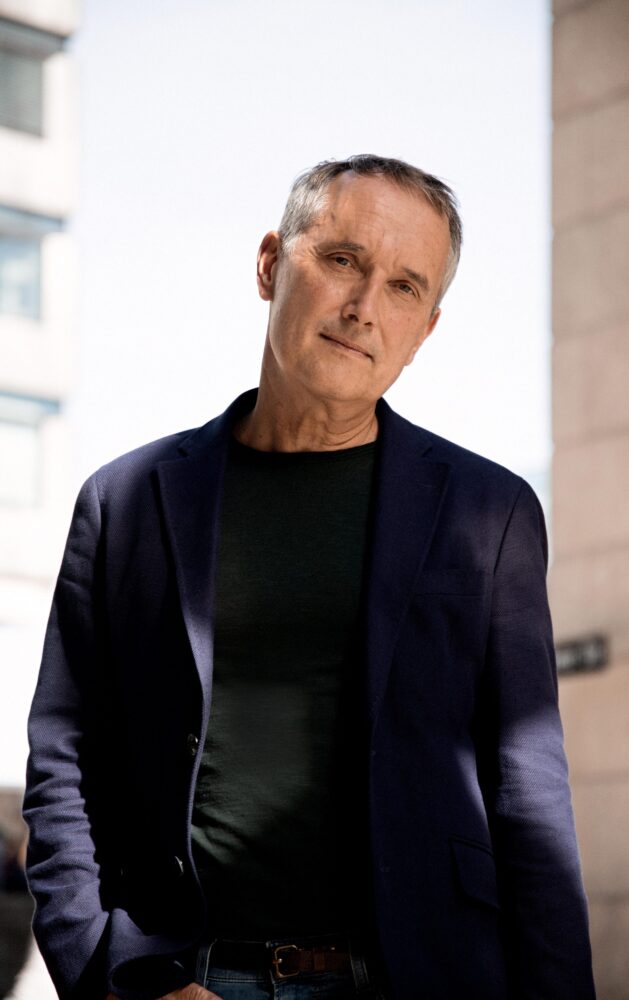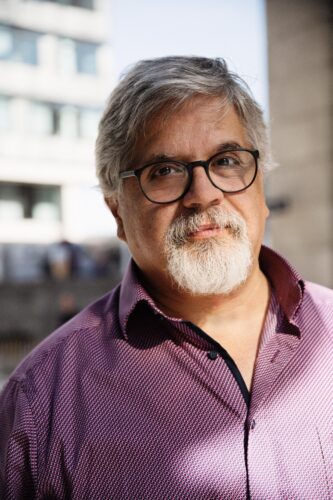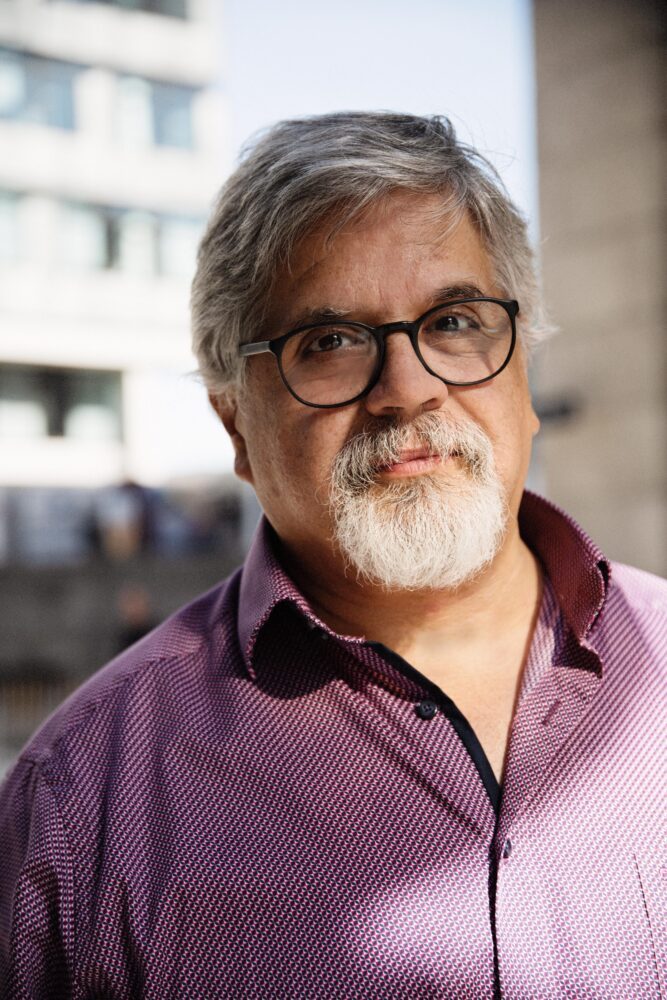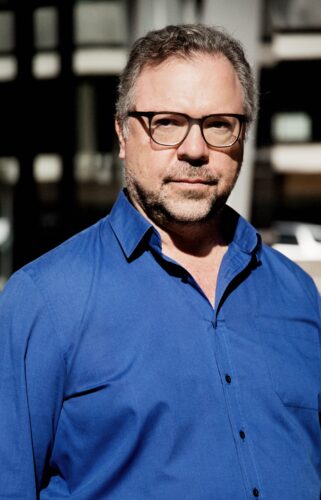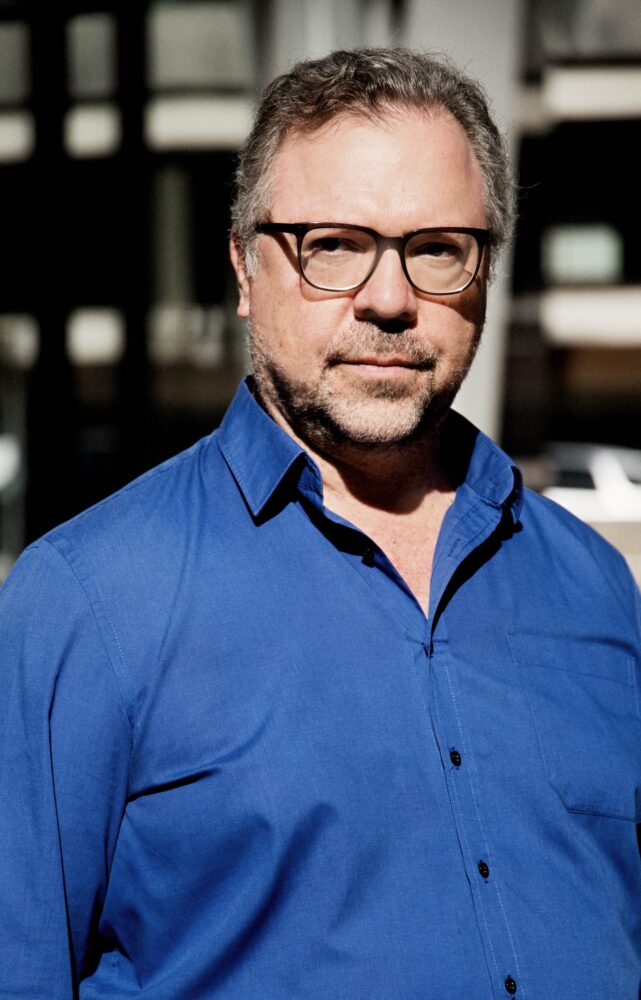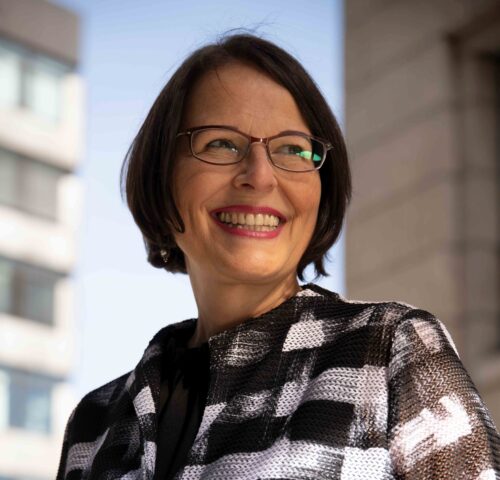Ensemble
The seven singers of the Neue Vocalsolisten see themselves as explorers and discoverers: in exchange with composers, they are constantly searching for new forms of vocal expression. One focus is on collaboration with artists who virtuously exploit the possibilities of digital media, with an interest in networking, in playing with genres, in dissolving space, perspectives and functions. Thus, idiosyncratic interdisciplinary formats between music theater, performance, installation and concert staging characterise the projects of the ensemble, whose work, with more than 30 premieres annually, is considered worldwide to be leading and unique in the field of contemporary vocal music.
With their specific interest, the Neue Vocalsolisten have shaped the genre of vocal chamber music theater, including works by Georges Aperghis, Carola Bauckholt, Luciano Berio, Chaya Czernowin, Ricardo Eizirik, Luca Francesconi, Andreas Eduardo Frank, Sara Glojnarić, Gordon Kampe, Mischa Käser, Sarah Nemtsov, Sergei Newski, Lucia Ronchetti, Katharina Rosenberger, François Sarhan, Simon Steen-Andersen, Oscar Strasnoy, Claude Vivier, Jennifer Walshe, Raed Yassin and Yiran Zhao. The ensemble’s partners are always top-class specialist ensembles and orchestras, international opera houses, the independent theater scene, electronic studios, and numerous organizers of festivals and concert series of new music all over the world.
The Neue Vocalsolisten regularly work on the borders of other musical cultures and genres. Together with composers from twelve different countries in the Mediterranean region and the video artist Daniel Kötter, they created the concert installation »Mediterranean Voices«. And together with musicians from Beirut’s experimental music scenes, the singers created the follow-up project VOICE AFFAIRS.
For their Stuttgart project space, the Neue Vocalsolisten have been conceiving »Magical Spaces« since 2020, for which they explore performance formats between analogue and digital perception together with programmers and web designers and open up digital space as a further, artistically independent stage.
In addition to the interpretation and further development of their genre, the Neue Vocalsolisten introduce young artists to the challenges of experimental vocal music in master classes and a digital »NVS Academy«.
The Neue Vocalsolisten have been honoured with numerous awards for their contributions to contemporary vocal music, including the Silver Lion of the Venice Biennale 2021 and the Italian critics’ prize Premio Abbiati 2022.
The jury of the Venice Biennale stated that the Neue Vocalsolisten Stuttgart is an ensemble whose »creative collaboration with some of the greatest living composers has decisively advanced the development of the contemporary a cappella repertoire«.
Biography, as of March 27, 2023
Members
Ensemble Management
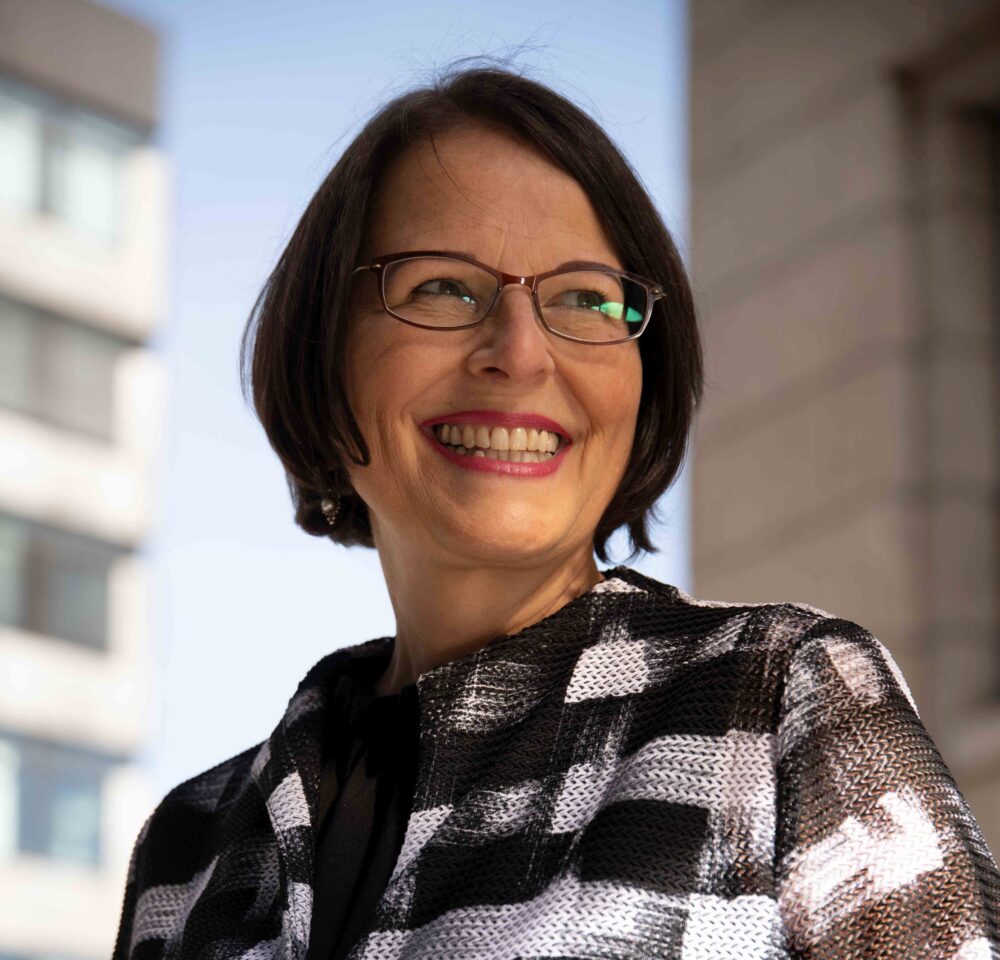
Christine Fischer
Media
Claus-Steffen Mahnkopf: Vocal Music II
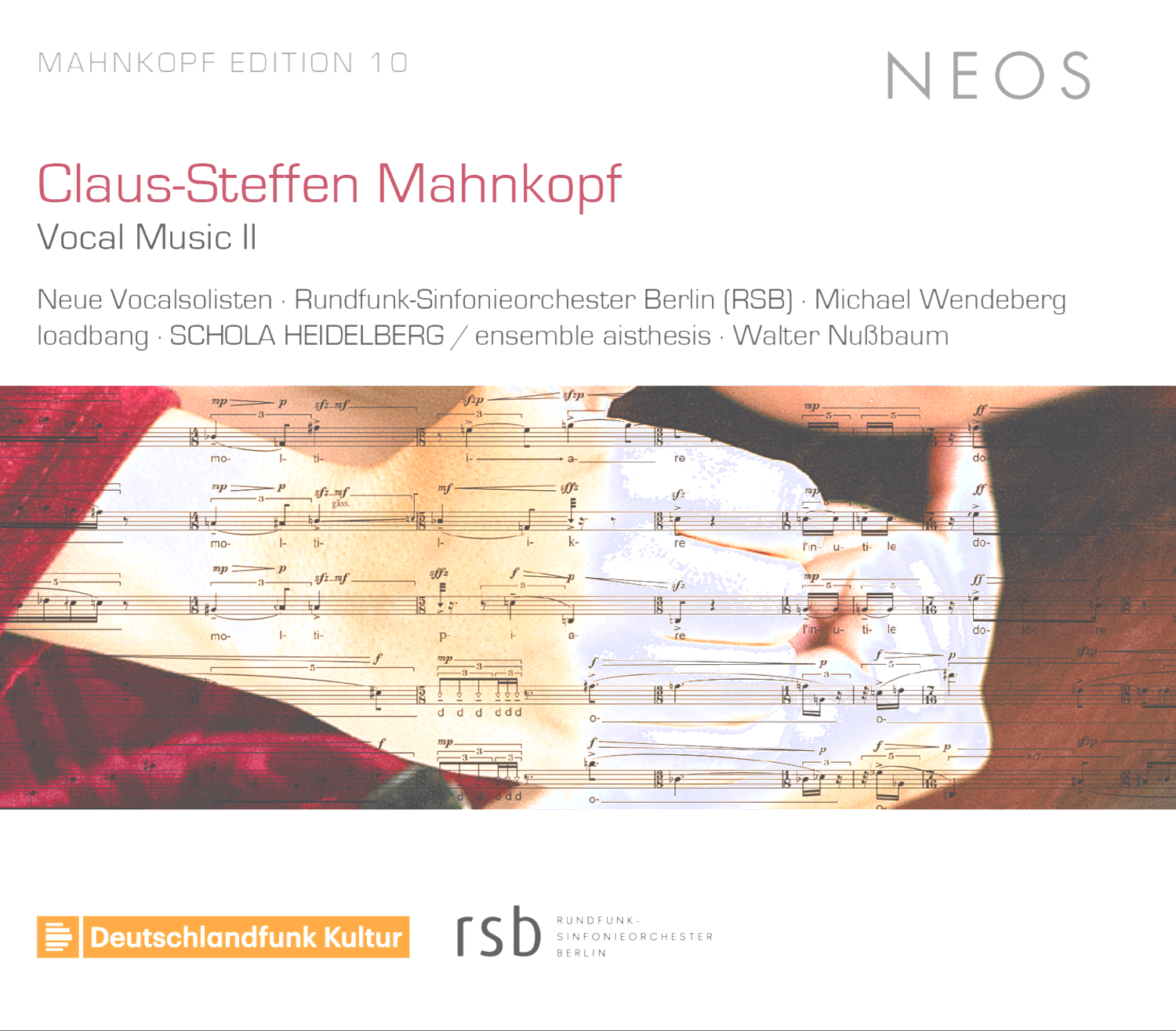
Huihui Cheng–Portrait
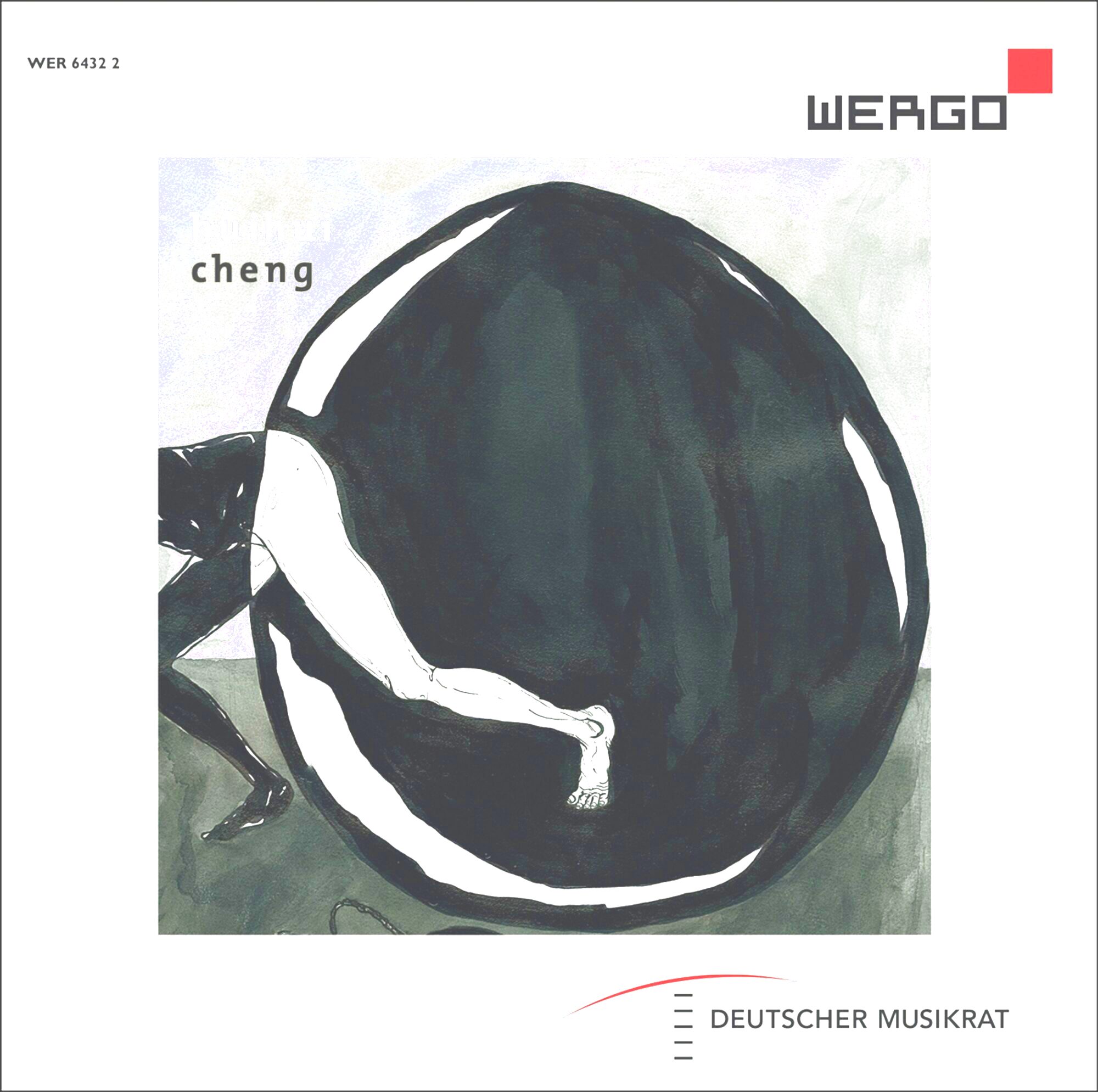
Katharina Rosenberger: Tempi agitati
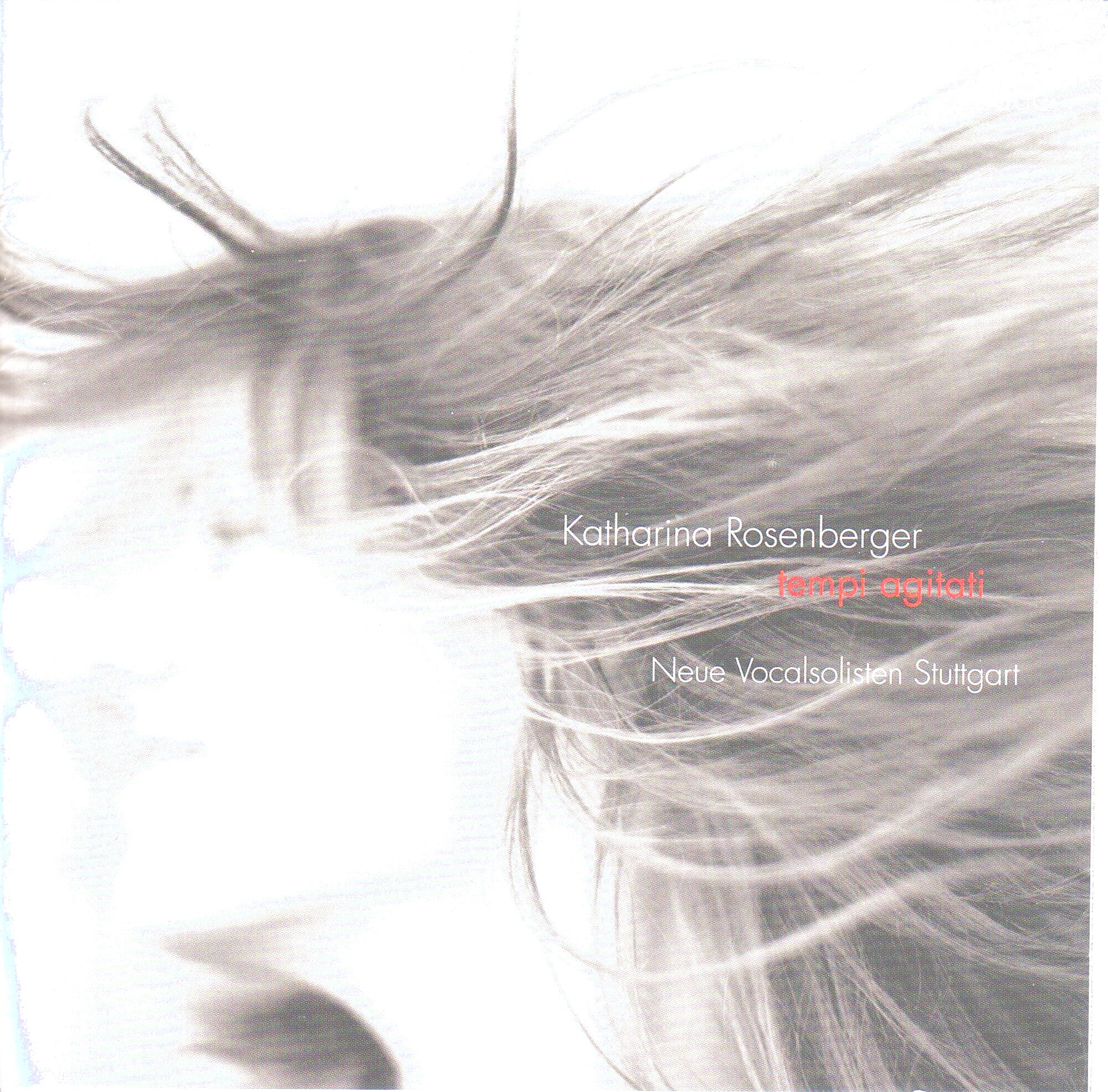
Ming Tsao–Das wassergewordene Kanonbuch
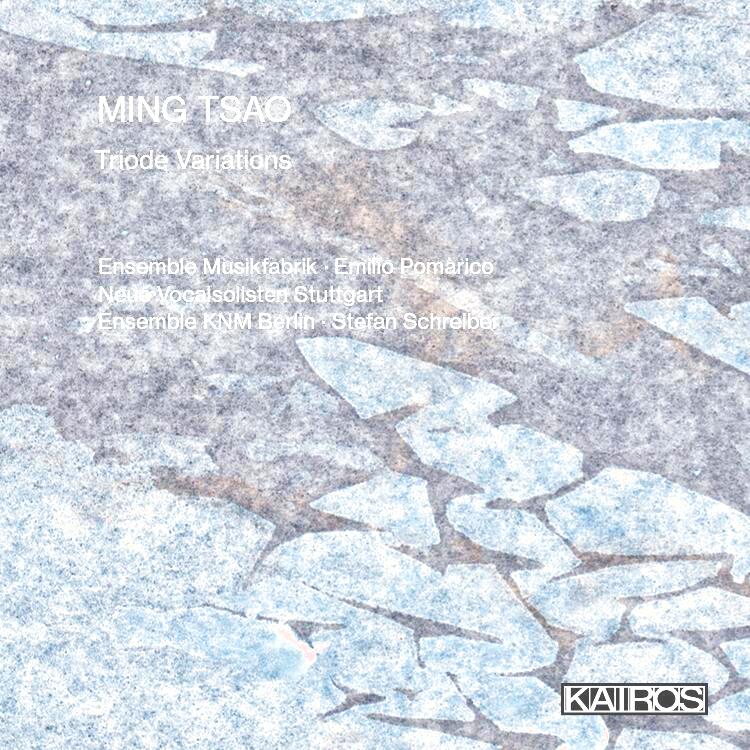
Zeynep Gedizlioğlu: verbinden und abwenden
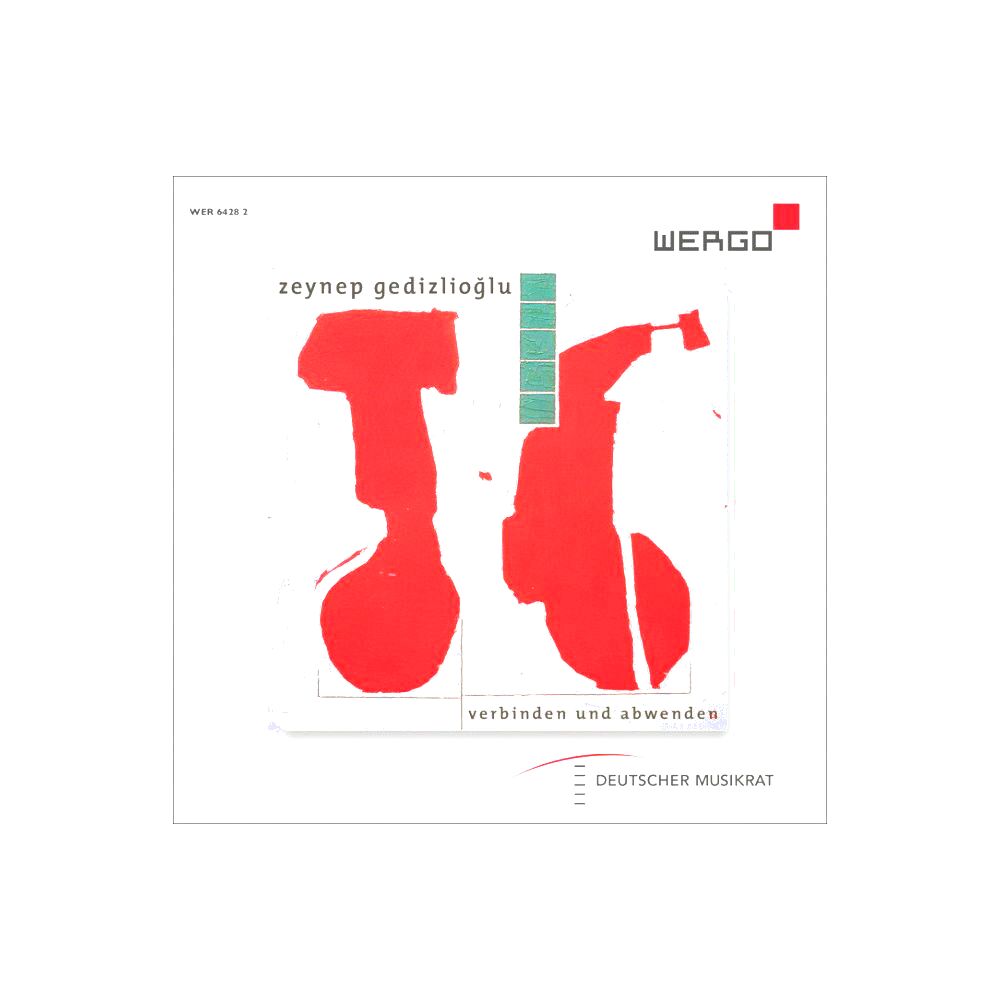
Turgut Erçetin–Panopticon Specularities
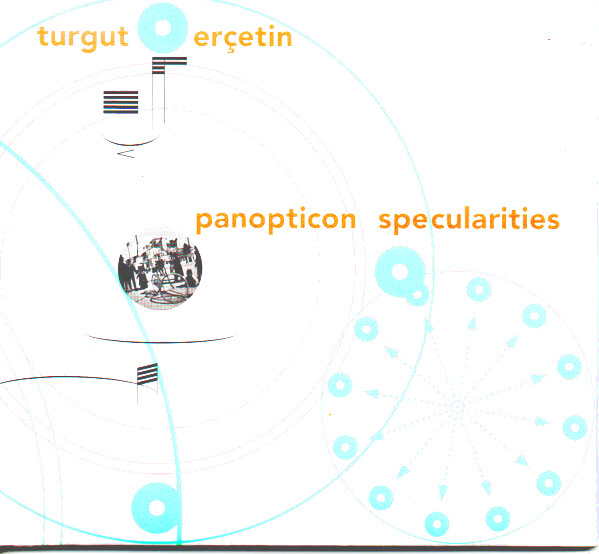
Karola Obermüller–Portrait
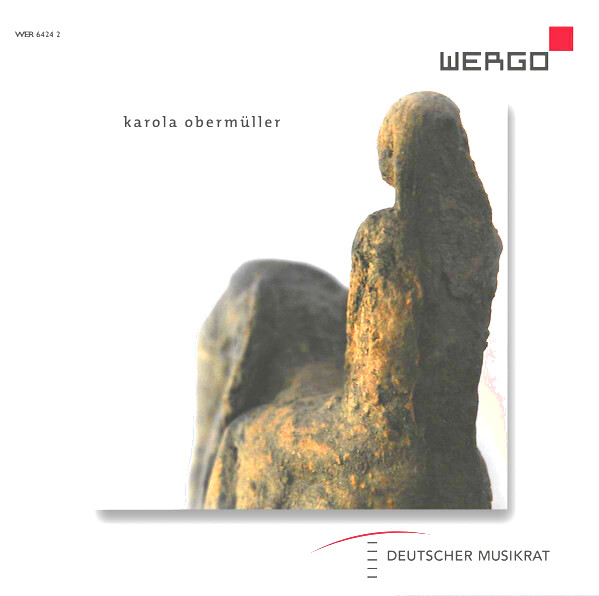
Zuriñe F. Gerenabarrena–Portrait
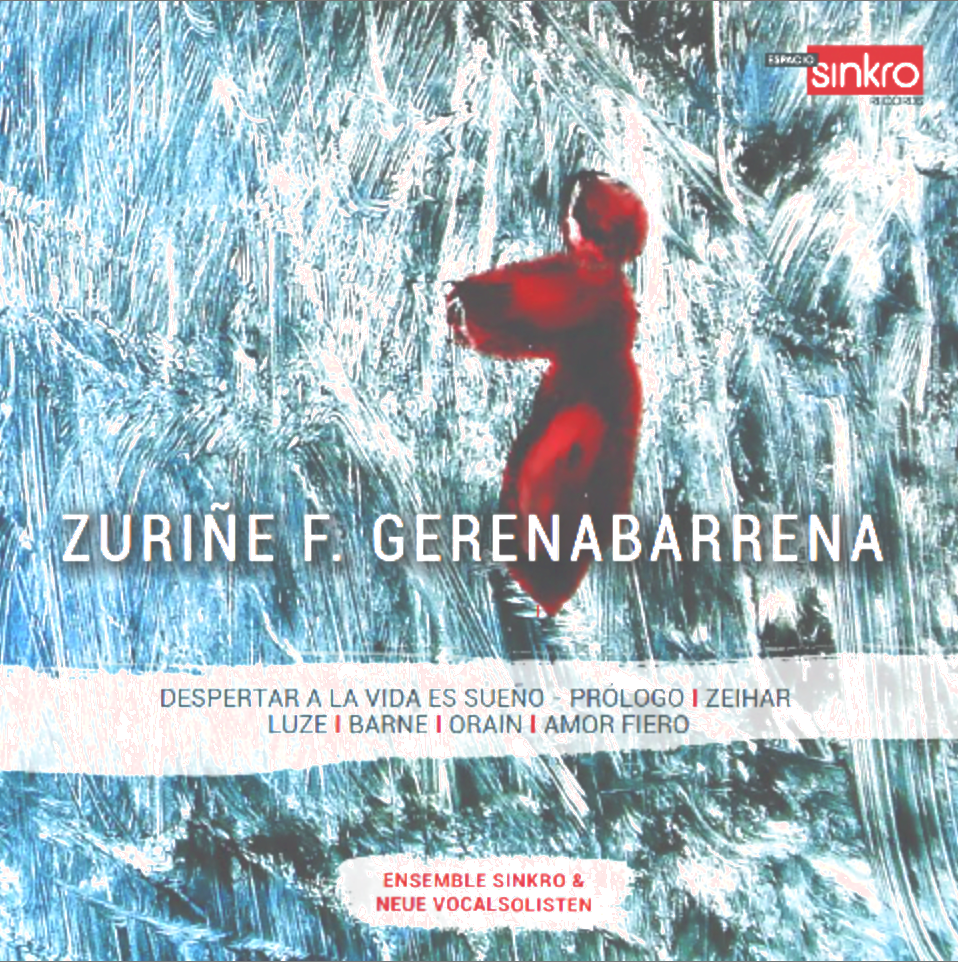
David Philip Hefti–Portrait
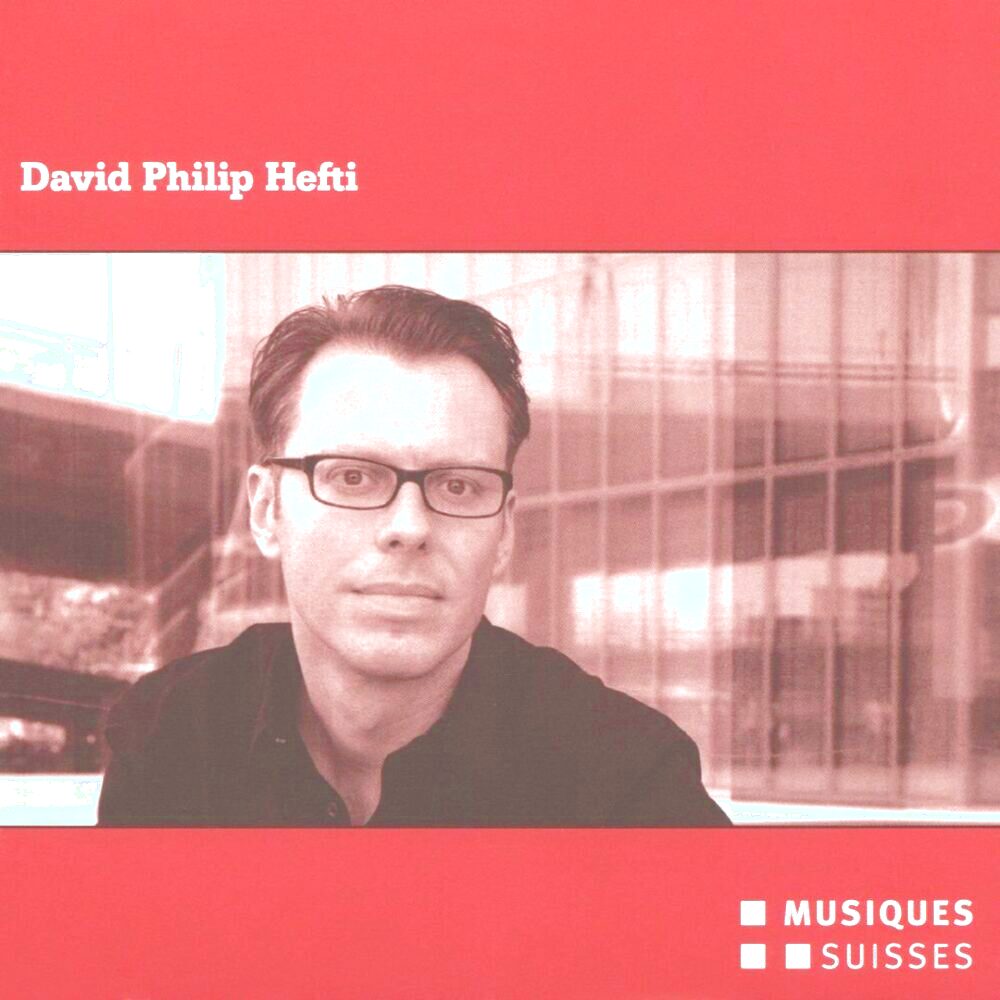
Sarah Nemtsov–Portrait
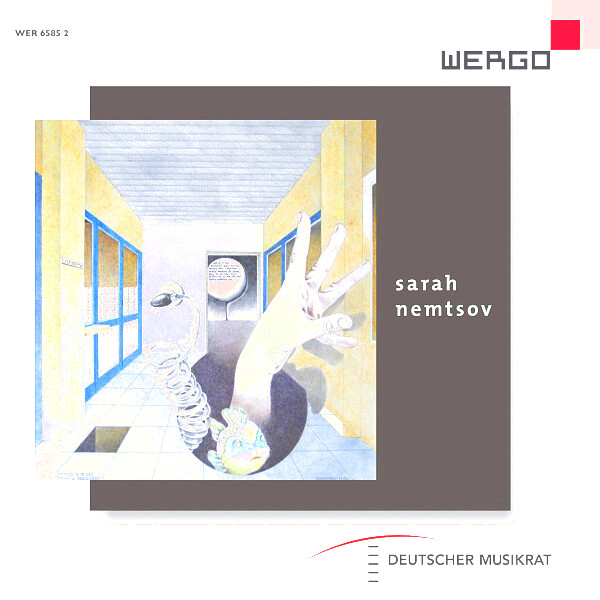
Oscar Bianchi: Matra
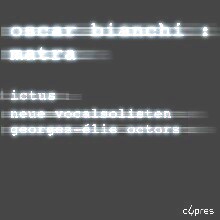
Andreas Dohmen–Portrait
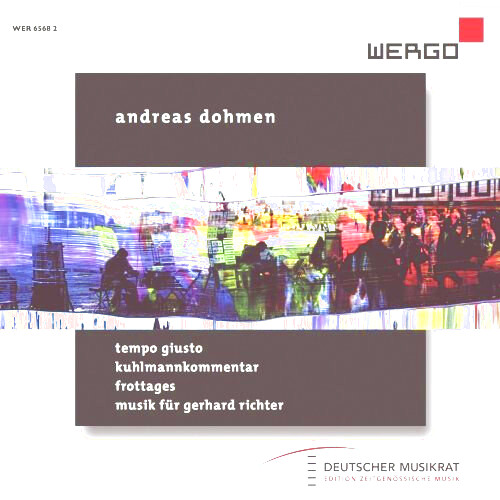
Enno Poppe: Interzone
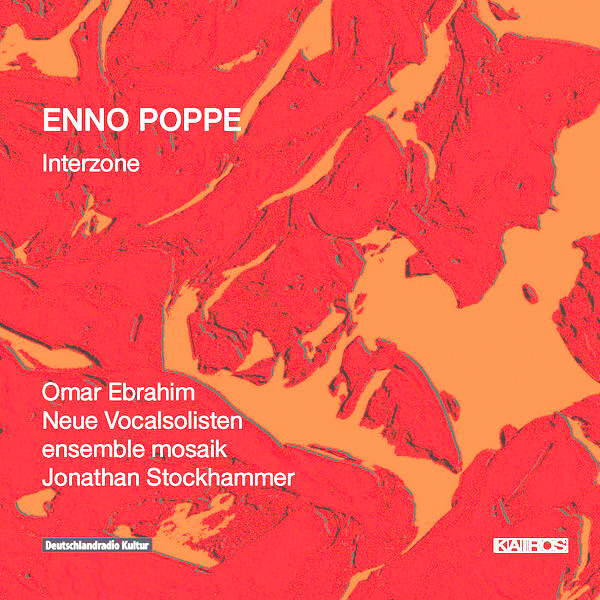
Georges Aperghis Wölfli-Kantata
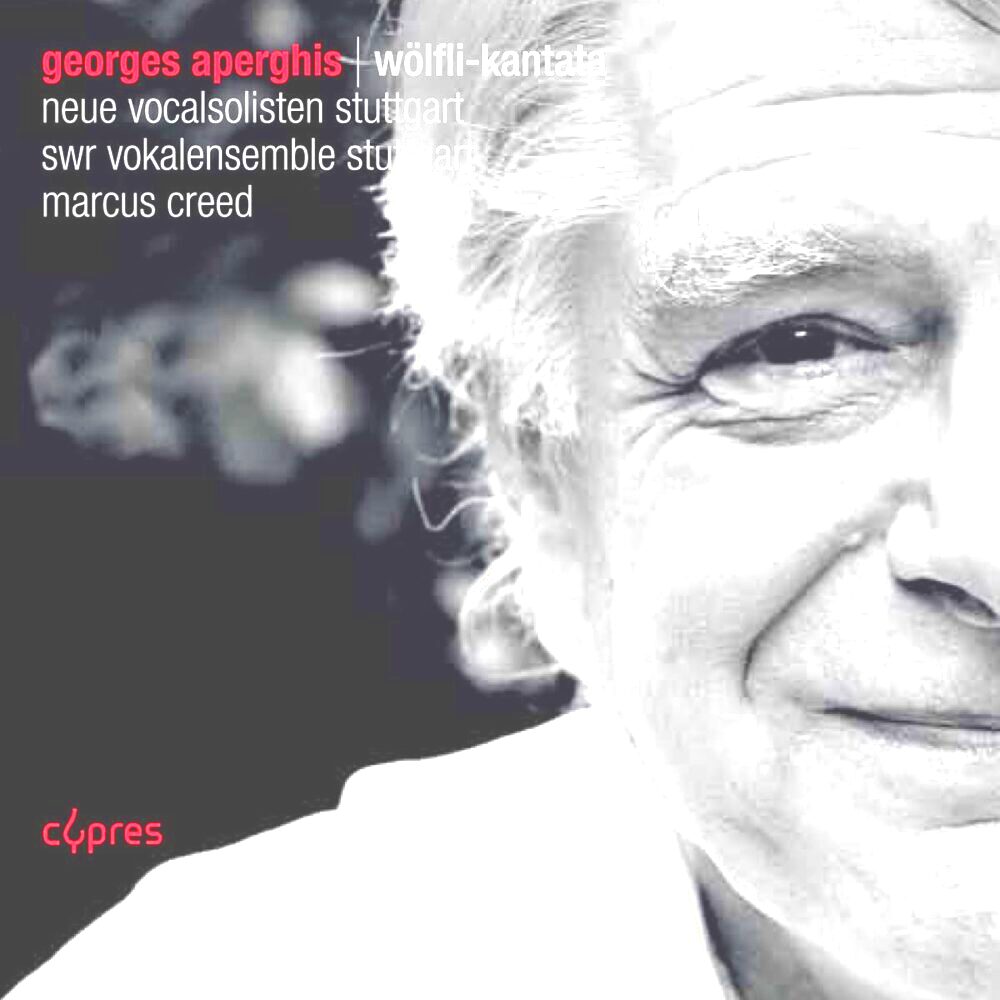
Drama
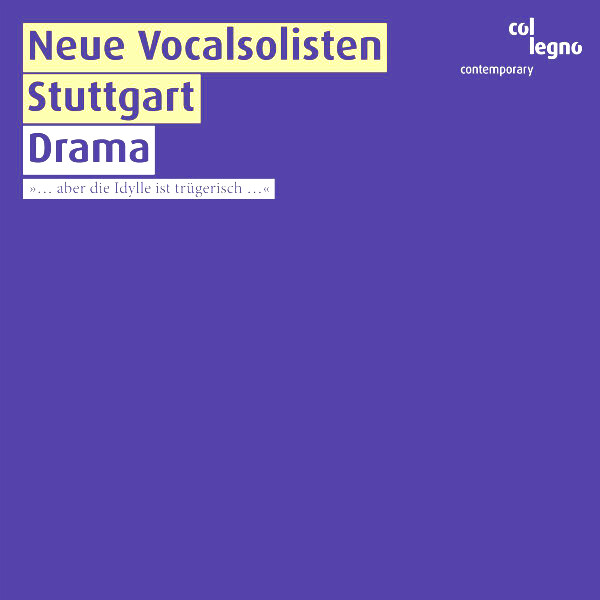
Beat Furrer–Fama
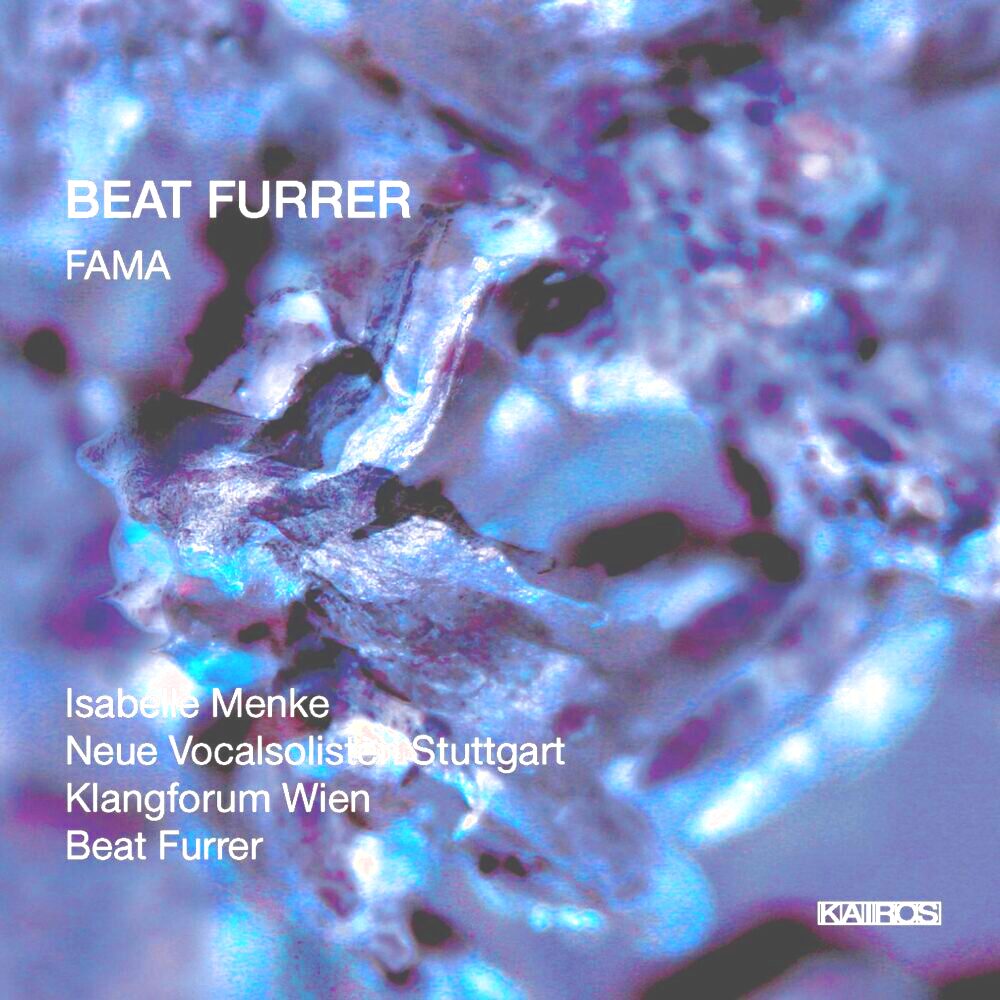
Madrigali
Johannes Schöllhorn
José M. Sánchez-Verdú
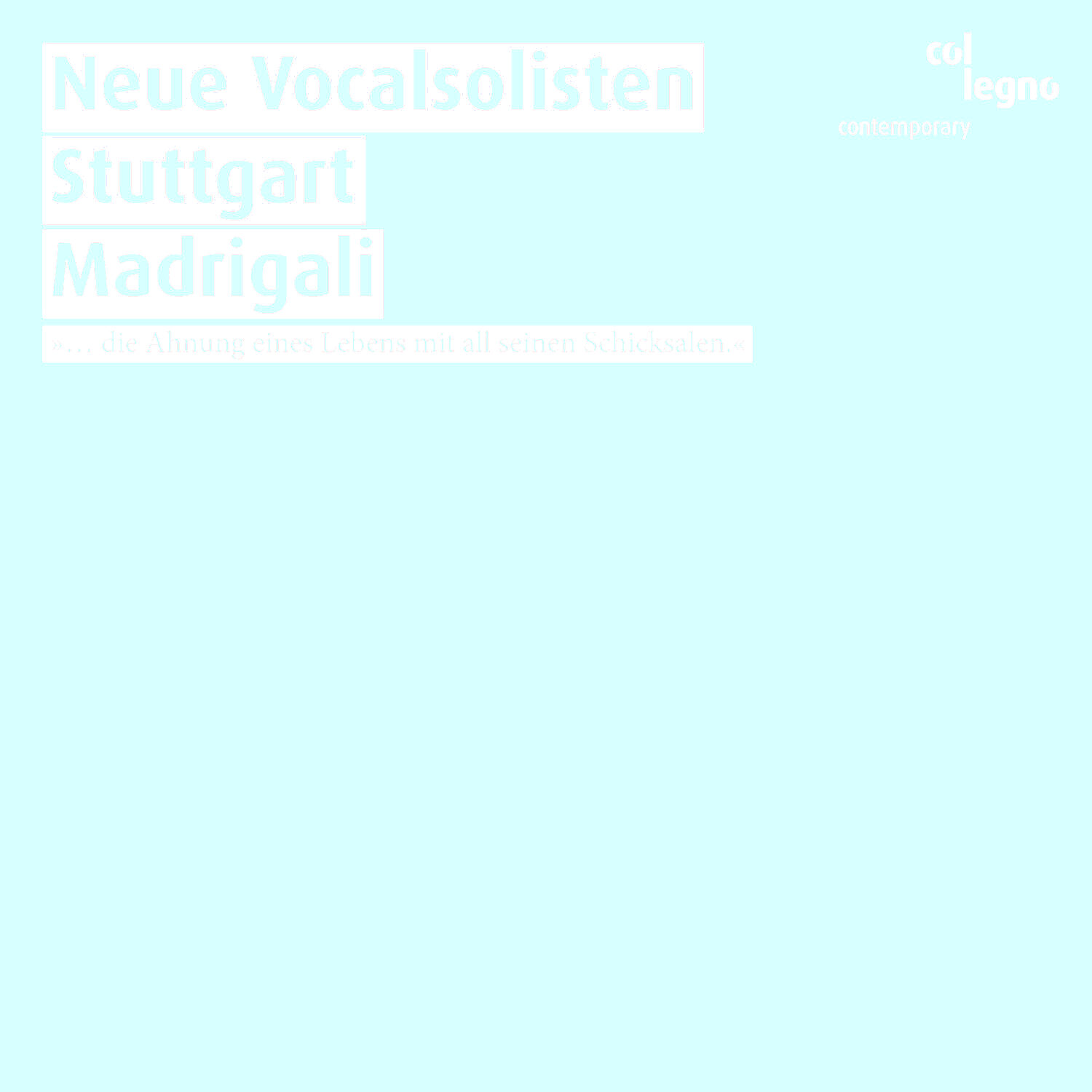
André Werner–Chambermusic
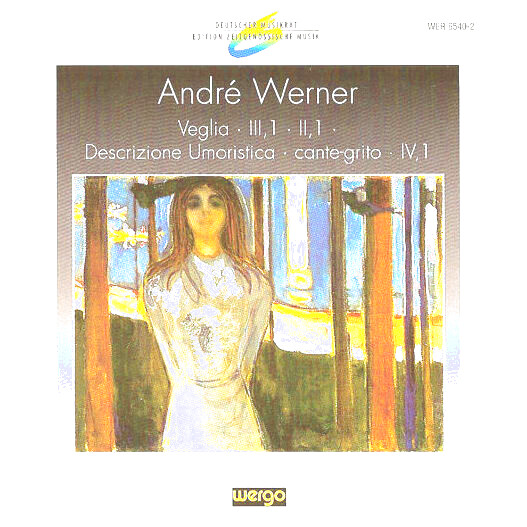
Fabien Lévy: De l’art d’induire en erreur
The music of Fabien Lévy thrives on ambiguity, paradox and sonic illusion. Influenced by spectralism and his mentors Grisey and Risset, Lévy embraces musical allusions–from visual arts to world traditions …
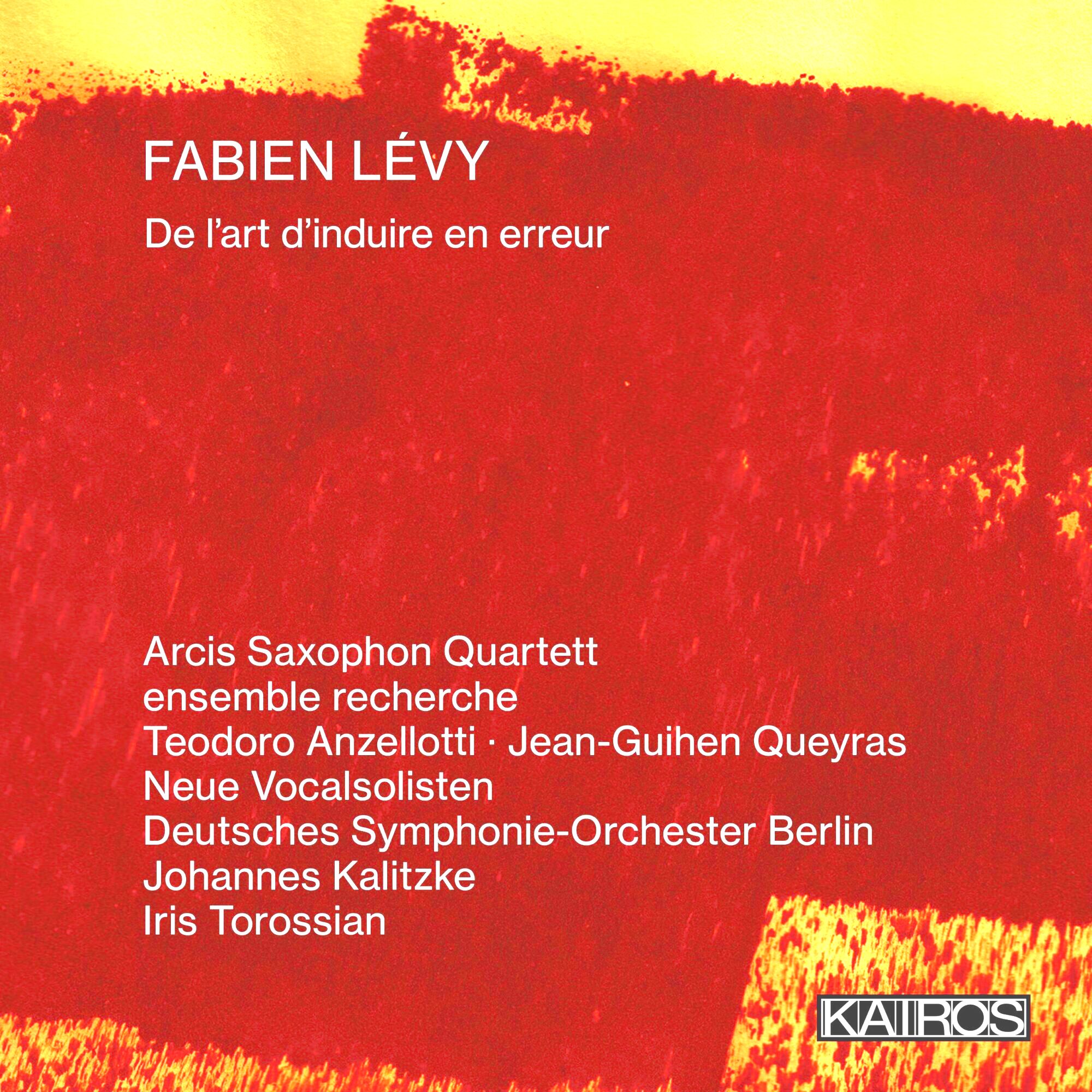
Mikel Urquiza: Espiègle
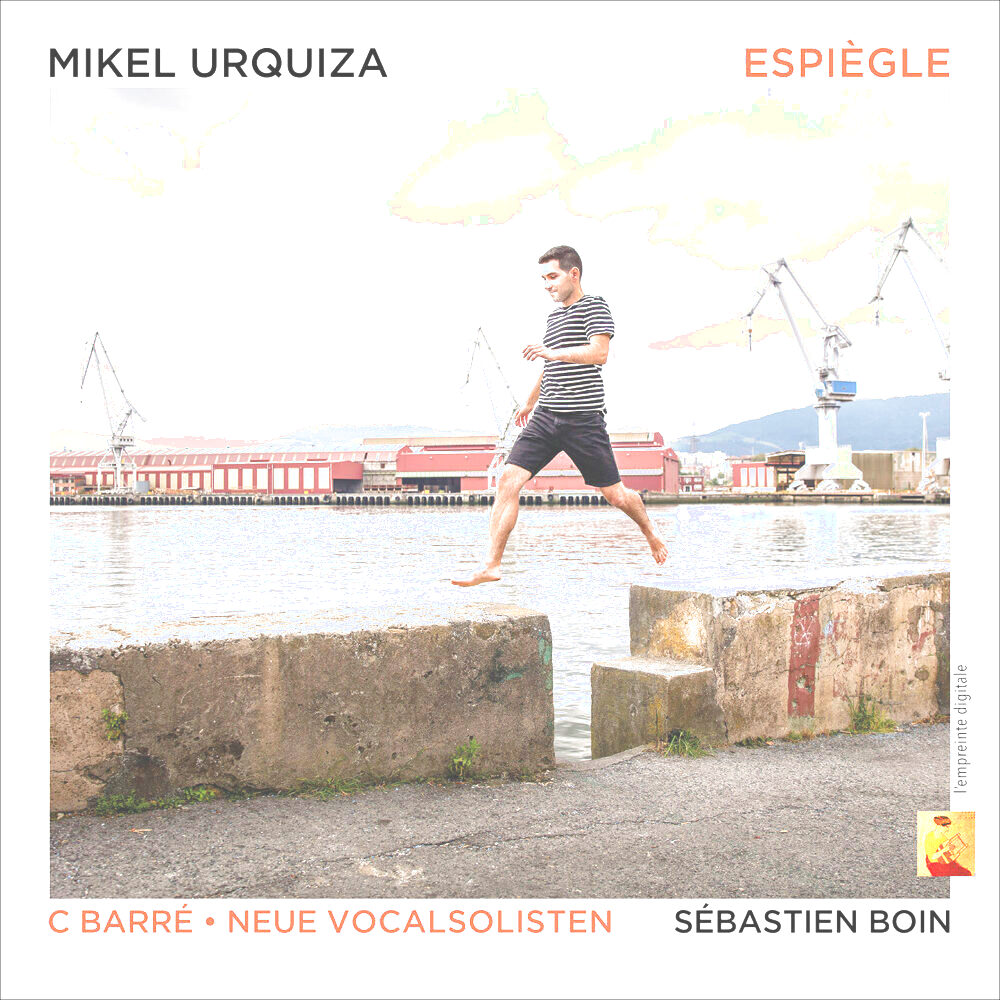
Bernhard Gander–Monsters and Angels
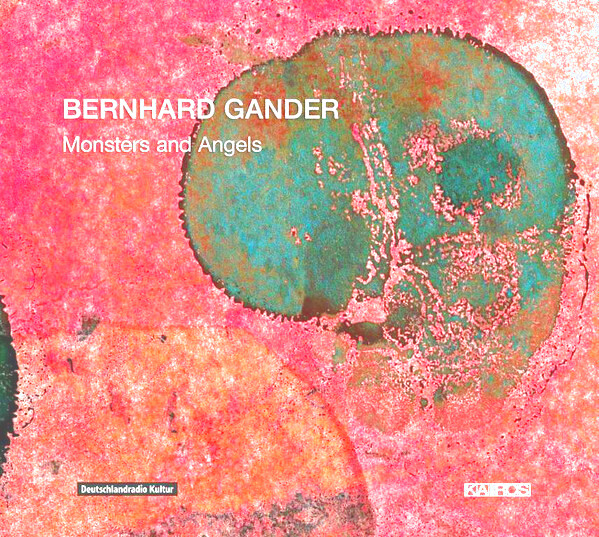
Alessandro Bosetti: Portrait de voix

Ramon Lazkano: Diptyque Jabès
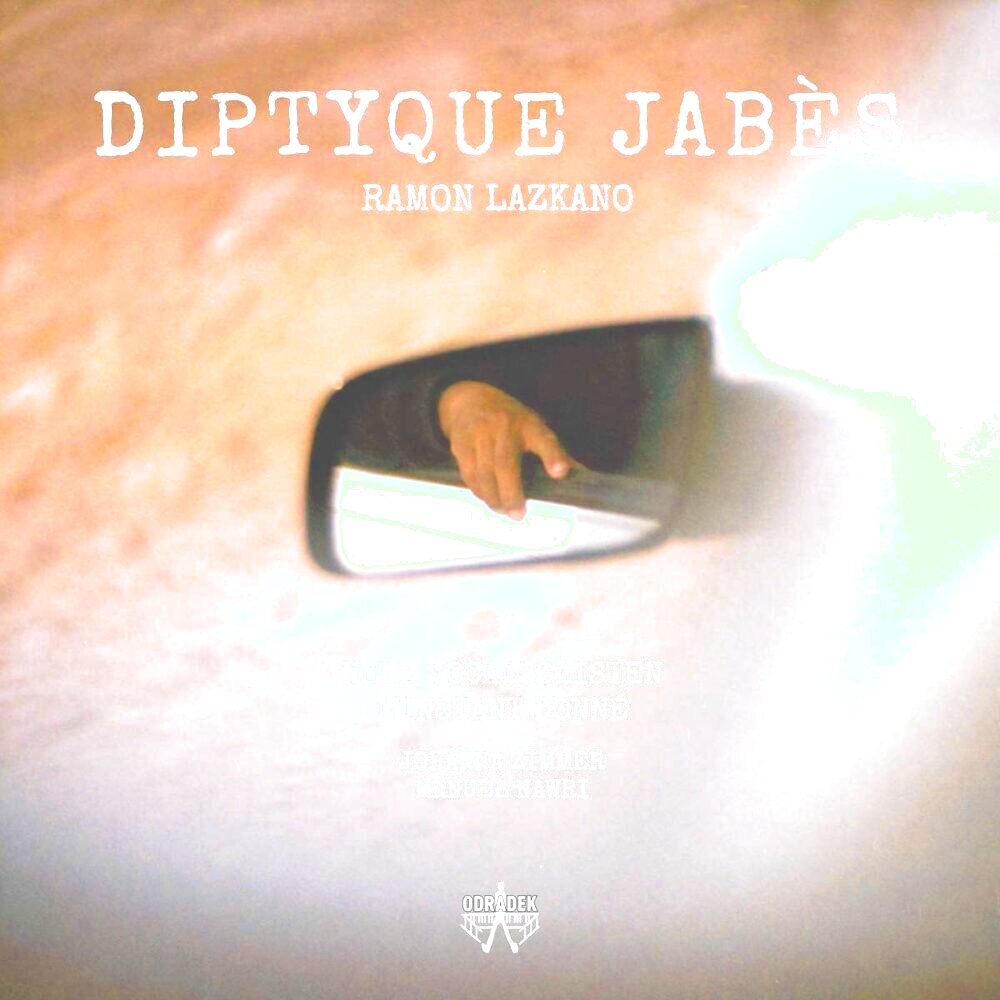
Portrait Lucia Ronchetti
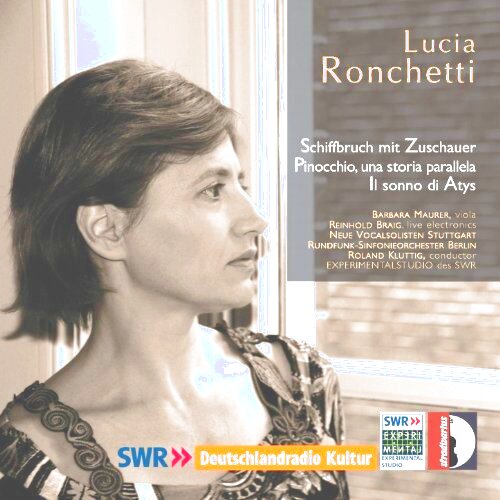
Lucia Ronchetti
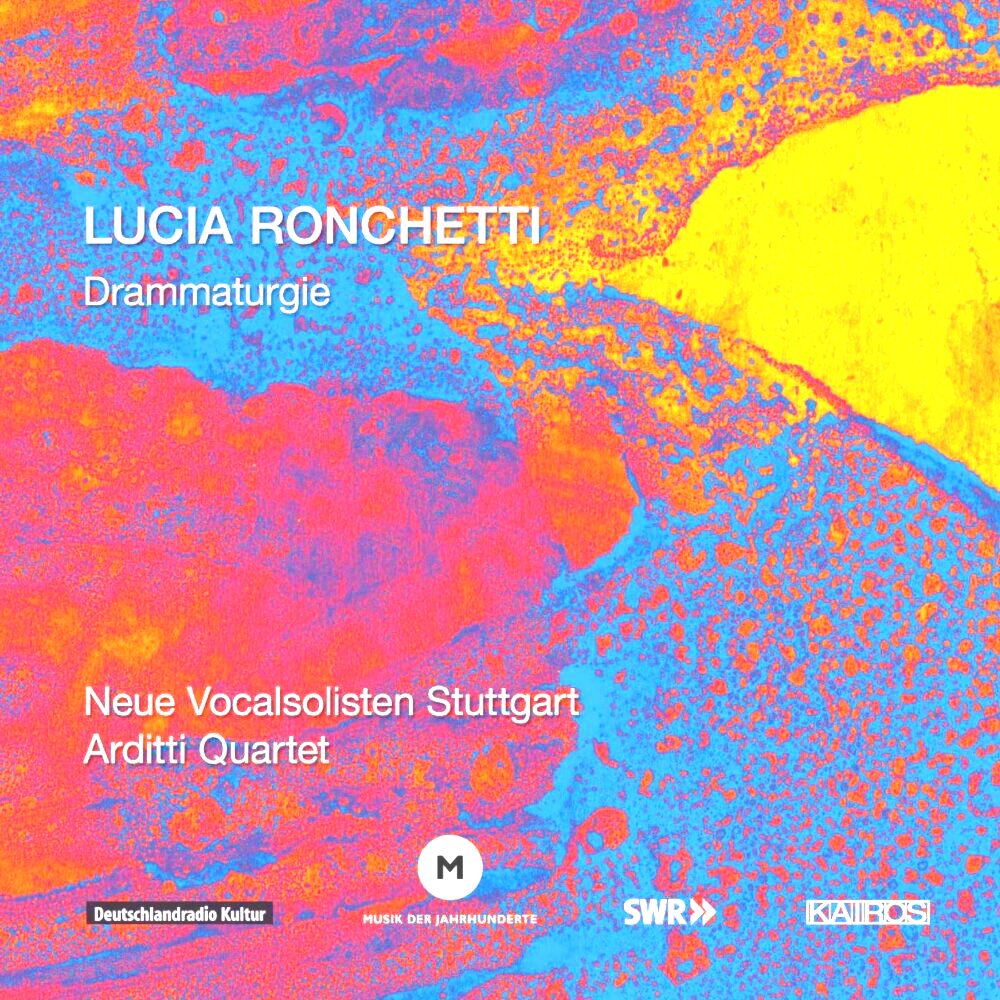
José Maria Sánchez-Verdú: Aura–Musictheatre
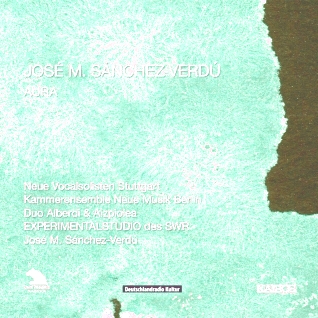
Salvatore Sciarrino
12 Madrigali–A New Ecology of Sound
Salvatore Sciarrino, in collaboration with the Neue Vocalsolisten Stuttgart, explores a new ecology of sound through a chamber music-reduced form of polyphony. The Italian composer has used six Haikus by the Japanese poet Matsuo Bashō (1644–1694) as the text.
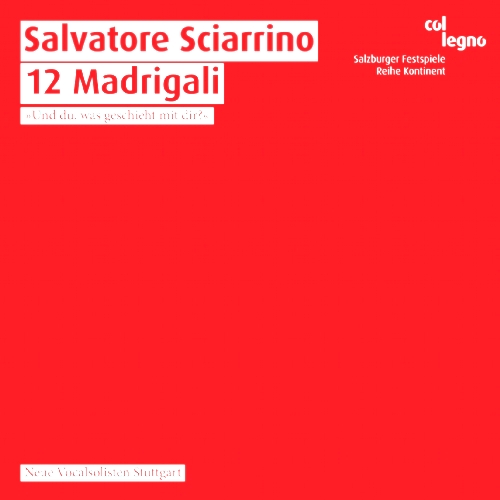
Luigi Nono
Often, it is events from private life that lead to the creation of works. »Sarà dolce tacere« (1960), for example, was composed for the 40th birthday of Nono’s (former) teacher and close friend, Bruno Maderna; and »Ha venido«, also composed in 1960, was written for the first birthday of his daughter. In contrast, »Djamila Boupachà« (1962), »Dónde estás, hermano« (1982), and »Quando stanno morendo« (1982) reflect the politically involved, engaged global citizen Nono.
It is remarkable how he infuses each of the works with specific sonic individuality while ultimately drawing on similar motifs: »Whether it is the monody of Djamila Boupachà or the multifaceted interactions between singing voices and instruments in Quando stanno morendo, which are further transformed and spatially moved through live electronics–as defined by the composer: This music possesses a distinct, musical eloquence. It ranges from the night-blackness of the second part of Quando stanno morendo to the spring enchantment of Ha venido, the gentle–in Sarà dolce tacere–to the painfully compelling call for another silence, for other, light-filled days in Djamila Boupachà.«
(Jürg Stenzl)
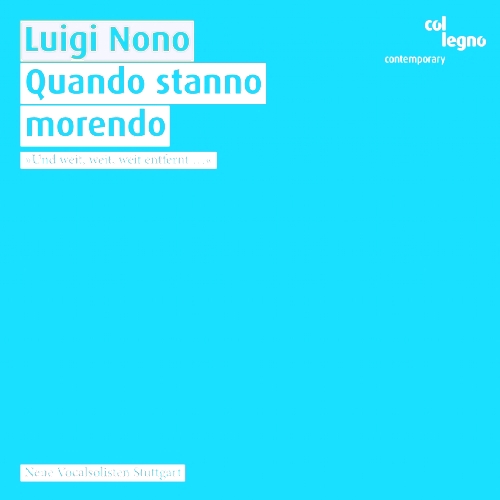
Luciano Berio
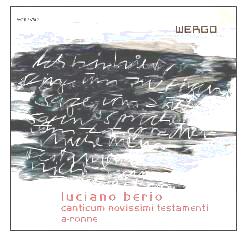
Alles Theater!
works by
Georges Aperghis, Manuel Hidalgo,
Lucia Ronchetti, Luciano Berio,
Paolo Perezzani, Carola Bauckholt
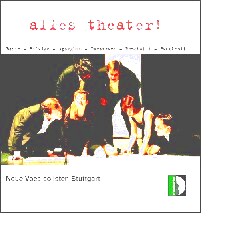
fuoco e ghiaccio
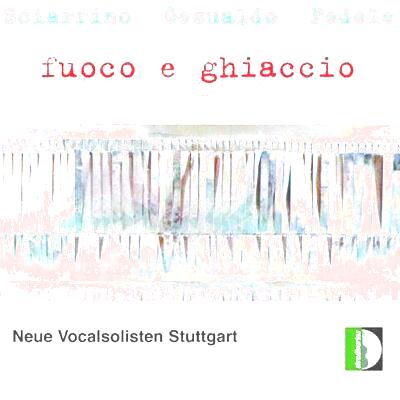
Neue Vocalsolisten Portrait
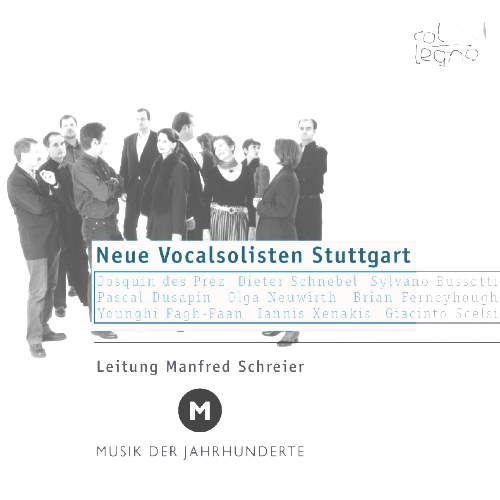
IOSIS. Zu Gesualdo

